Arabian Jasmine
Roll over image to zoom in
| Scientific name | Jasminum sambac |
| Common name | Arabian jasmine |
| Temperature requirement | 25-35 °C |
| Humidity | 40-50% |
| Light | Full sun or part shade |
| Watering | Water everyday &keep moist |
| Pests | Budworm ,flower thrips ,jasmine bug ,tingid bug ,whitefly ,red spider mite,jasmine eriophyid mite ,gallery worm |
| Pet friendliness | Not hazardous |
| Maximum plant height | |
| Potting mix | Potting soil/red soil/manure/perlite |
| Pot requirement | Good drainage&repot every 1-2 years |
| Nutrition | Apply manure for first 15 days and npk for next 15 days |
| Pruning & training | Remove dead & diseased leaves with sterile shears |
| Flower color & season | White |
| Description | Centuries ago, merchants brought the arabian jasmine from its native habitat in southern asia along trading routes westwards. This is a popular shrub in gulf regions, which somehow never looks its best. The evergreen leaves are leathery, glossy and grouped in twos or threes along the twining stems. They differ from those of other species by being entire. In summer, clusters of white, tubular flowers are borne to emit the outstanding fragrance that jasmines are known for. In other seasons, flowering is sporadic. Full or partial sun is required to produce abundant inflorescences. A fertile, well drained soil allows vital growth so that this climber will stand some drought when established. However, it appreciates frequent irrigation and generally remains free from pests and diseases. General purpose fertilisers should be applied in two split doses during spring to support new growth first and development of flower buds later on. Transplanting is best done in autumn. Low temperatures are no problem, but arabian jasmines should not be exposed to prolonged frosts. They need to be trained along a support such as a trellis or a pergola reaching about 3 metres in height. Plants will also grow in containers and tolerate pruning at any time to form a shrub, for instance, but not a climber. It may also blanket the ground with its attractive dark green foliage. Cuttings and sowing are handy methods of propagation. In china, the dried flowers are used to make the famous jasmine tea and they may also be processed to yield perfume. |

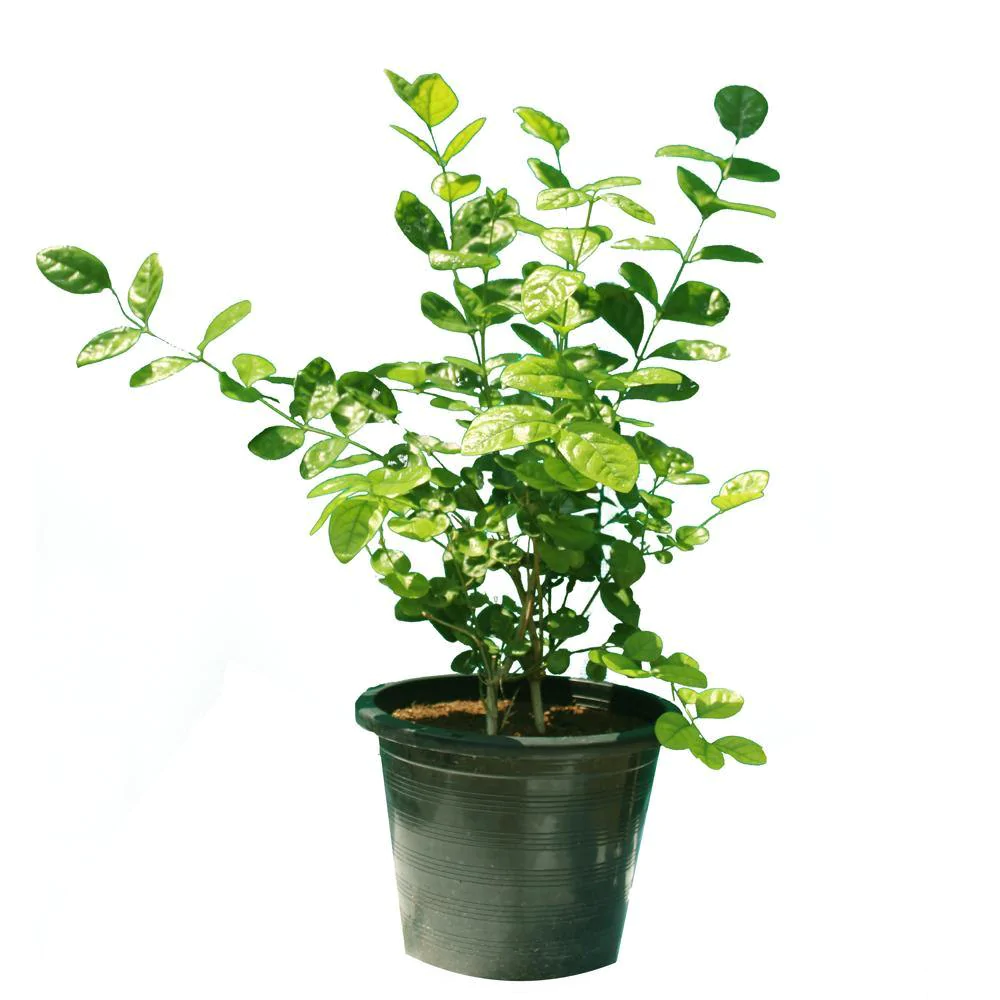
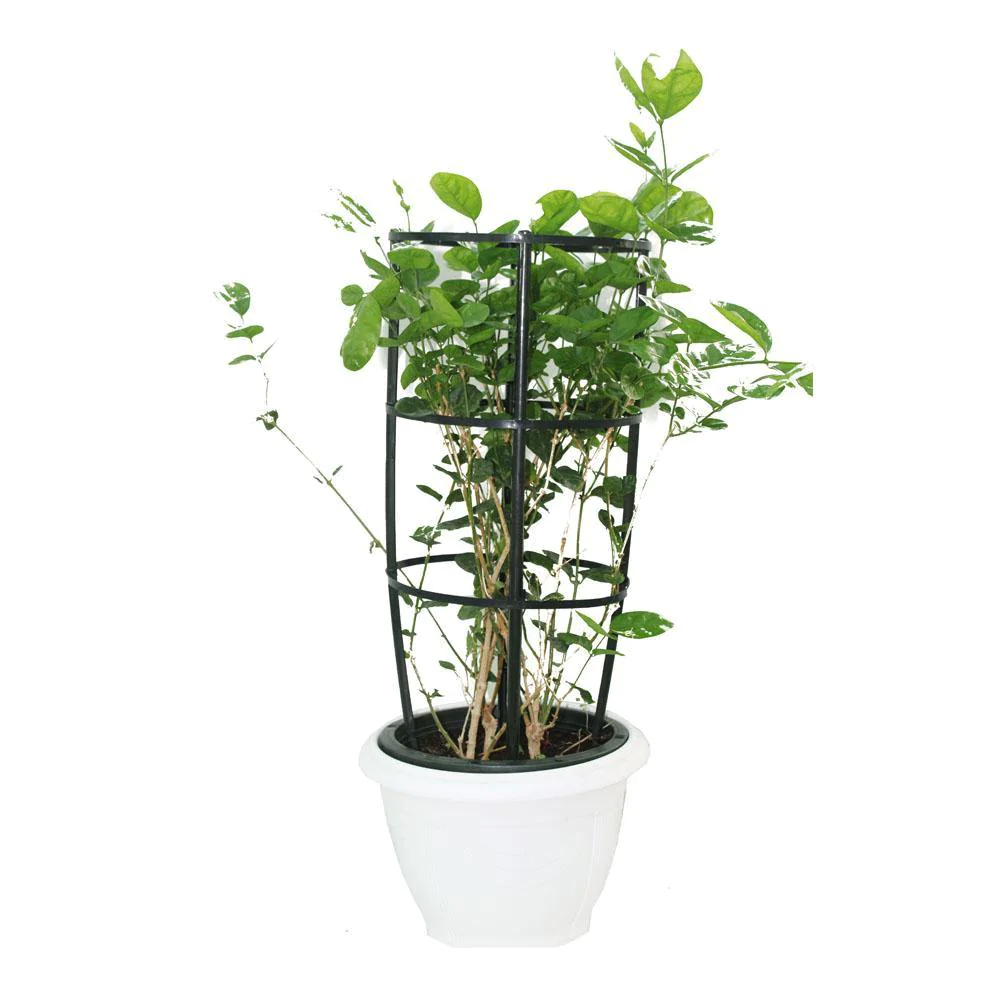
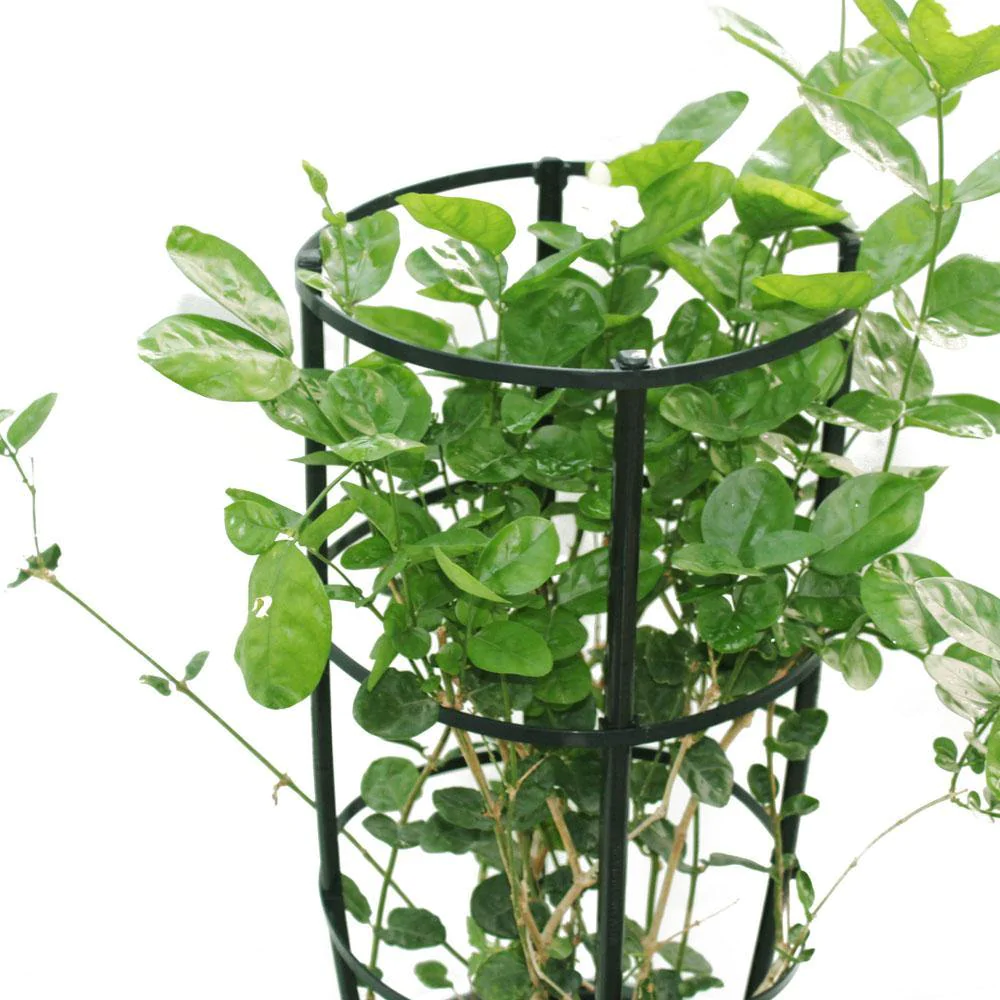
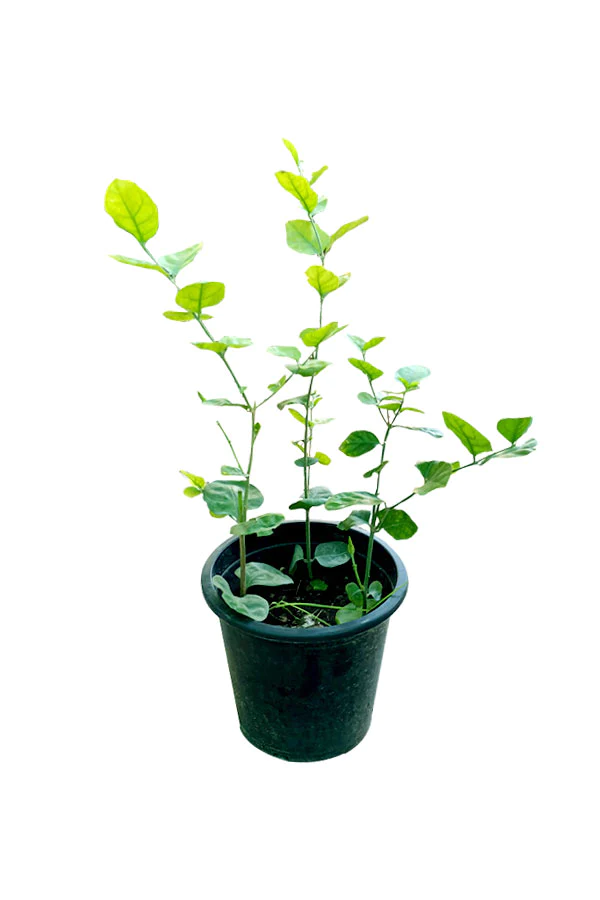

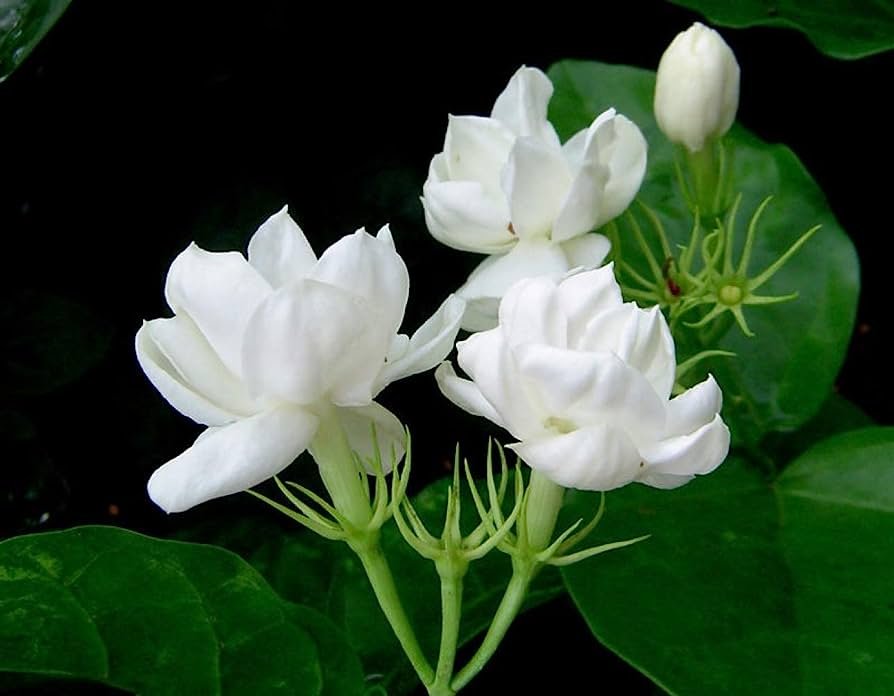











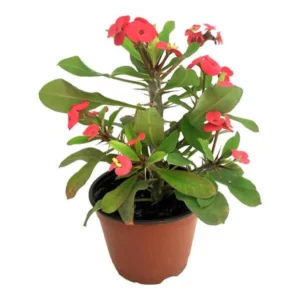



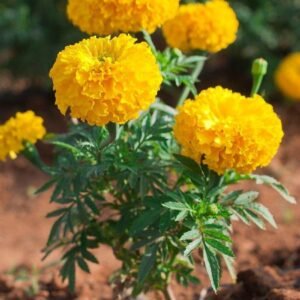




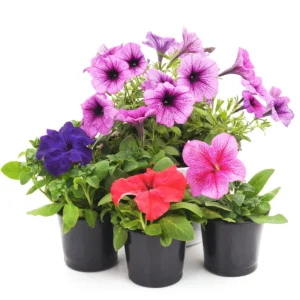




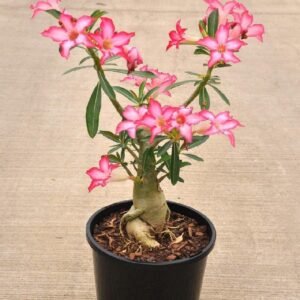
Reviews
There are no reviews yet.